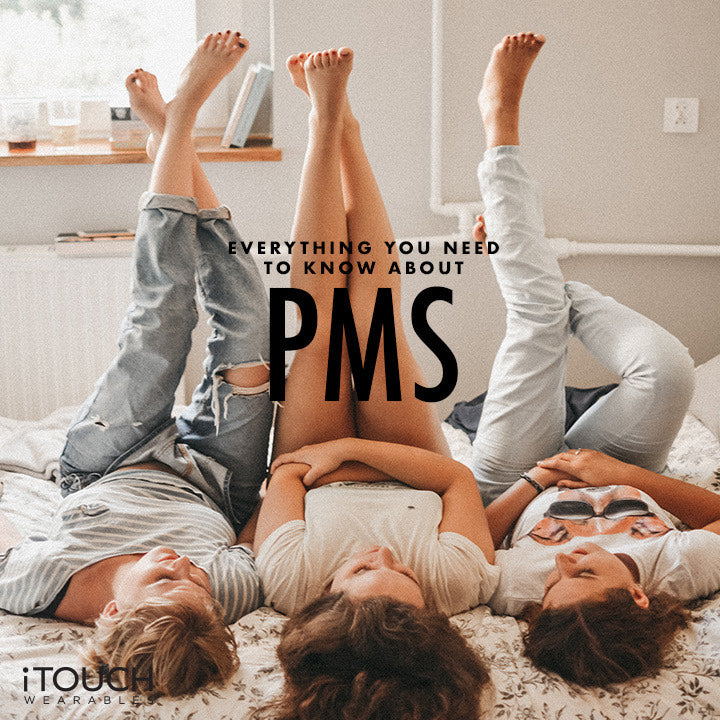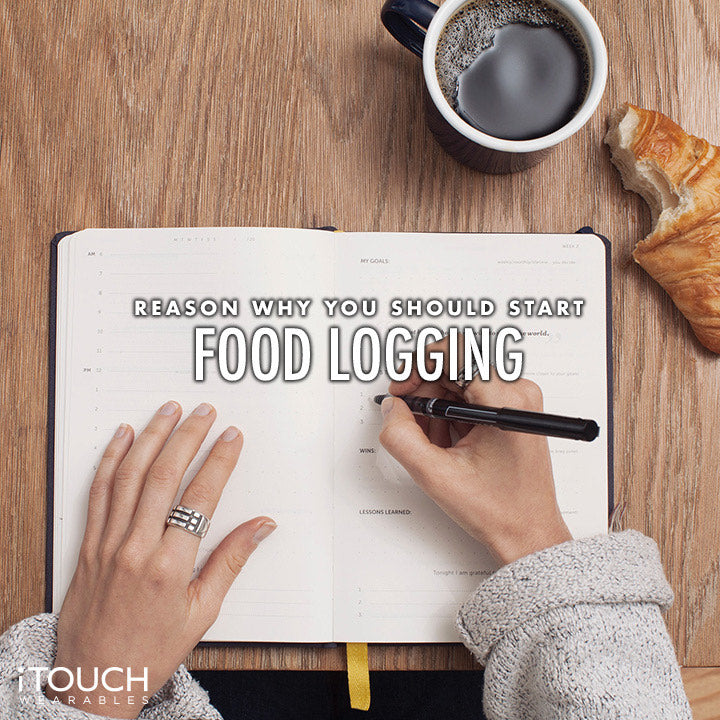
Everything You Need To Know About PMS
PMS stands for premenstrual syndrome. All women experience some form of symptoms before or during their menstrual cycle. Most women can agree that these symptoms are aggravating and interfere with daily life. Keep reading for everything you need to know about PMS.
What Is PMS?

PMS is classified as a variety of symptoms that occur 1-2 weeks before your period begins and can remain until a few after it has started. The signs of PMS can be physical, emotional, or behavioral. Symptoms can also change as you get older. Physical signs can include cramps, hunger, headache, pimples, bloating, and even weight gain. Emotional and behavioral signs are mood swings, depression, anger, and sleepiness. Most women who get severe PMS symptoms are in their 20s-40s or have a child. Usually you can continue doing your daily tasks with no problem. However, women who experience harsher forms of premenstrual symptoms can not focus and need to resort to bed rest for at least a day or two. 3 in every 4 women experience some type of premenstrual symptoms. You are more likely to have symptoms if you have high stress levels, increased anxiety, and depression.
Causes Of PMS

Doctors do not know the exact cause of PMS, but it is most likely related to the fluctuations in hormone levels. During this time, your estrogen and progesterone are decreasing. Another likely cause of PMS is a change in neurotransmitters. Serotonin is a chemical in the brain that is proven to create mood swings. This tends to increase days before starting your menstrual cycle. Inadequate amounts of serotonin can lead to symptoms such as depression, fatigue, and food cravings. While these are not direct causes, they certainly do not help your symptoms of PMS.
How To Relieve Symptoms

There are many things that you can do to relieve some our symptoms. Exercise helps with cramping and can even make your period lighter if you normally have a very heavy flow. Avoiding foods with caffeine, salt, and sugar may lesson your symptoms leading up to your period. You should also try to get a few hours of extra sleep during the week to help lessen fatigue and sleepiness. Another thing that may help you to lessen your PMS problems is to find healthy ways to manage your stress and avoid mood swings. Some easy solutions are to keep a journal by writing down how you are feeling about each day. Taking a vigorous exercise class can also help to release stress and tension. There are also a few medications that can be used for things like cramps and other pains you may be having. Take medicines like ibuprofen, naproxen, and aspirin. Usually these medications work well for many women. If you're having severe pain even with medications, you should consult a doctor.
Share everything you know about PMS by tagging us on Instagram @itouchwearables and Facebook @itouchwearables. Also, be sure to check out our new articles published daily!
-Franki


